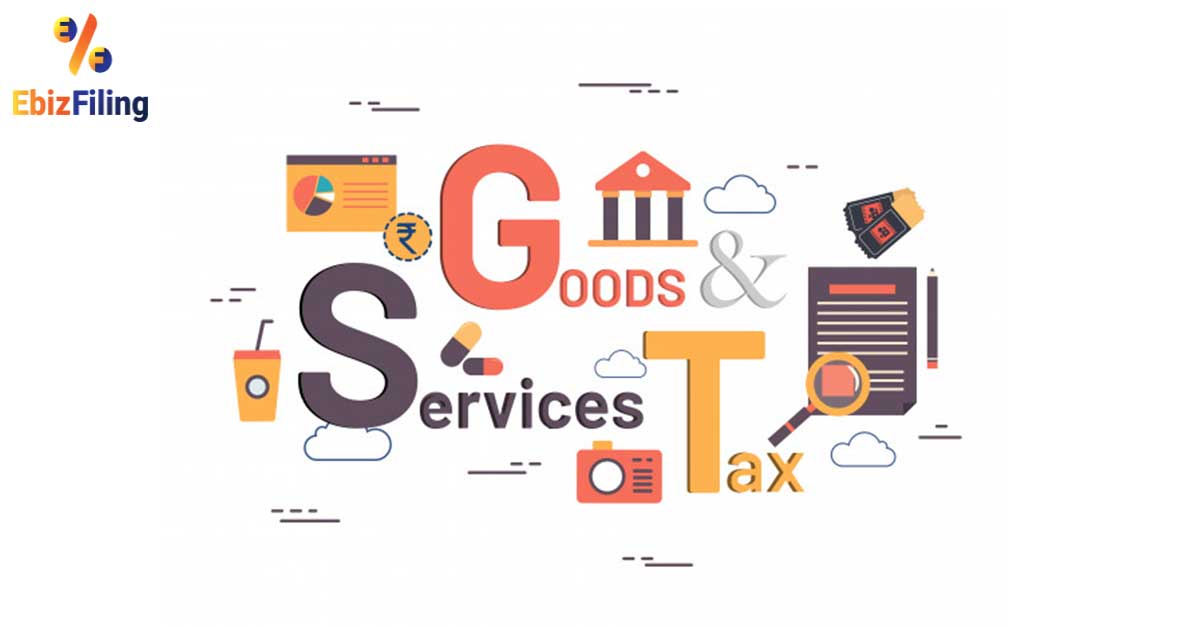The Ultimate Guide to Simplifying the GST Registration Process and Needs for Small Business Owners

Understanding GST Fundamentals
To realize the basics of the Goods and Services Tax (GST) system, little company proprietors have to first understand its underlying effects and principles. Under the GST regime, businesses are needed to gather and register tax obligation on behalf of the government, making sure transparency and compliance.
One of the key concepts of GST is input tax credit history, which permits businesses to declare credit score for tax obligations paid on their purchases. This device stops the cascading effect of tax obligations and advertises effectiveness in the tax system. Furthermore, GST is a destination-based tax, indicating that the tax is imposed at the point of usage instead of the factor of beginning. This makes certain fair circulation of tax obligation income amongst states based upon where the items or services are taken in. Comprehending these basic principles is important for small service proprietors to navigate the complexities of the GST system and make certain conformity with the legislation.
Qualification Requirements for Registration
Having established a fundamental understanding of GST principles, small organization proprietors must currently meet certain eligibility criteria to continue with the registration procedure. In India, entities took part in the supply of goods or solutions with a yearly accumulation turnover exceeding Rs. 40 lakhs (Rs. 10 lakhs for special category states) are called for to sign up for GST. In addition, particular companies such as those associated with inter-state supply of products, casual taxable persons, and those required to pay tax under the reverse fee mechanism should sign up for GST irrespective of their turn over. Companies that were registered under the previous tax routine (BARREL, service tax, etc) are also mandated to sign up under GST. Farming companies that just provide produce out of key production are excluded from GST enrollment. It is important for entrepreneur to meticulously examine their eligibility based upon these requirements to ensure conformity with the law and stay clear of any type of penalties for non-compliance.
Records Required for GST Enrollment

Simplified Enrollment Refine Steps
Following the collection and confirmation of the requisite records, the registration procedure for GST can be browsed through a series of streamlined actions designed to help with reliable conformity for small company proprietors. Upon effective confirmation, an Application Referral Number (ARN) is released, showing the conclusion of the GST registration procedure. By adhering to these streamlined actions, small company owners can successfully sign up for GST and make certain conformity with tax obligation regulations.
Tips for Ensuring Compliance
To preserve regulatory adherence and operational honesty, attentive oversight and aggressive steps are pivotal in ensuring conformity with GST demands for tiny organization owners. Small service owners should remain upgraded with GST laws, submitting target dates, and any kind of changes in tax obligation rates to avoid penalties and maintain a good standing with tax authorities. Attending GST awareness workshops or training programs can enhance understanding and compliance with GST policies, ultimately benefiting the business in the lengthy run.
Conclusion
To conclude, local business owners have to understand the basics of GST, fulfill the eligibility criteria, gather required documents, and follow the streamlined enrollment process actions to guarantee compliance. By simplifying the GST registration procedure and needs, small company owners can stay clear of charges and operate their companies smoothly within the lawful framework - Singapore GST Registration. It is essential for small business proprietors to stay informed and certified with GST guidelines to maintain an effective service operation
Tiny company owners looking for GST registration have to ensure they collect and submit the necessary records to complete the registration procedure efficiently. The records required for GST enrollment usually include proof of business enrollment or incorporation, FRYING PAN (Permanent Account Number) card of the service address, entity and identification evidence of the promoters/partners/directors, pictures, address proof of the area of company, financial institution account statements or canceled cheques, and permission kinds. Attending GST awareness workshops or training programs can boost understanding and conformity with GST laws, inevitably benefiting the business in the lengthy run.
By simplifying the GST registration procedure and needs, small service proprietors can prevent fines and operate their services efficiently within the legal framework. It is vital for tiny business owners to click here for info remain compliant and try this site educated with GST guidelines to keep an effective company operation.